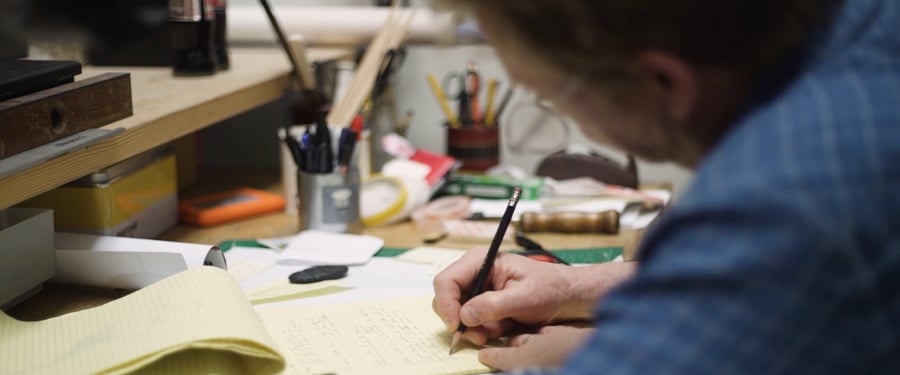When extraordinary things happen to ordinary people: How storytelling helped one man overcome tragedy

I was sitting in the balcony seats in the Opera House at the John F. Kennedy Center for the Performing Arts when I first heard Ed Gavagan tell his story. If you’ve watched the Kennedy Center Honors on TV, these seats are reserved for cultural icons — musical legends, film and stage royalty. Extraordinary people. It was quite a humbling spot for an ordinary person, but since I was working the show and had a few minutes to rest, I snuck up to the VIP seats to watch one of the speaker sessions. Ed Gavagan took the stage where some of the world’s best have played, sung, and acted.
Ed’s talk followed those of medical visionaries — rockstars in their professions. But he wasn’t like them. He was simply a regular guy with an extraordinary story to tell. And he told it well.
Standing before a captivated audience, Ed recounted his survival of a brutal and near-deadly gang attack in NYC and the surgery that saved his life. Everyone was still. It was as if no one took a breath as he spoke.
Since that performance, I have often watched Ed share his story at live events and on high-profile online storytelling platforms. As we’re focusing on mental health this month, I asked him to tell his story again — and focus on the role that storytelling played in his recovery from the attack, his surgery, and the PTSD that followed.
This is the story of a regular person in an extraordinary circumstance. It demonstrates the resilience of the human body, mind, and spirit, which is important to share — both for Ed as he continues to cope and for all others who may find relief in hearing his story. And maybe by listening to Ed’s story, they will have the courage to tell their own — helping others do the same. This is the fundamental power of storytelling.
For more stories like Ed’s, visit: https://www.antidote.me/patient-stories. If you'd like to get involved in medical research, start searching below:
Topics: For Patients
